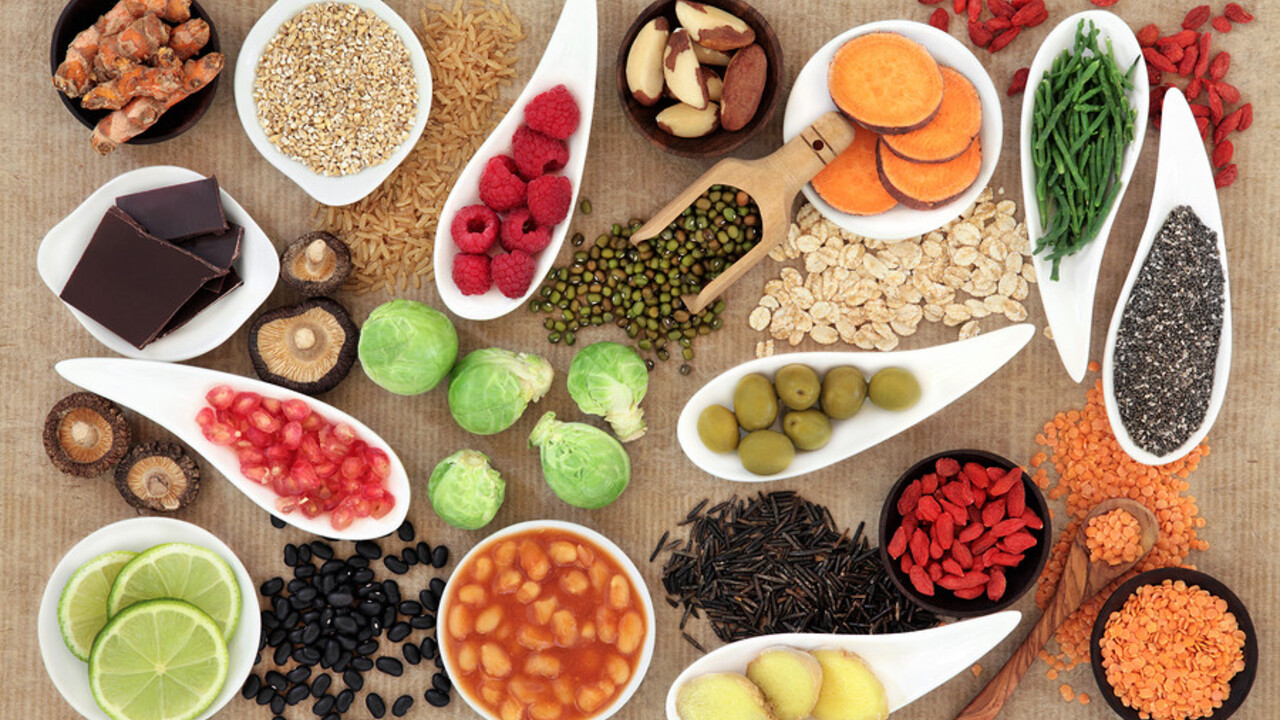Severe intimidation, misleading statements. UK National Health Service doctor Idris Mughal noted that excessive scare signals superficial knowledge about certain products. On the Internet you can often find expressions such as “causes inflammation”, “detoxification”, “toxic”, “deep cleansing”. Additionally, foods affect each individual differently; Therefore, there is no such thing as a “best” or “worst” food.
Advertising of ultra-processed foods. Often on the labels of such products you can find the phrases “contains a high content of protein”, “has a low fat content”, “has a low fat content”. But all this does not make foods “healthier” because ultra-processed foods contain many harmful chemical additives.
dietary restrictions. According to nutritionist Alan Flanagan from the University of Surrey, there is no such thing as a “bad food”. Tim Spector agrees. You should not eliminate any food from your diet, even if it is processed. It is more important to monitor the quality of the food you consume rather than the amount of calories and also include healthy foods in your diet.
Bloating is bad. Actually not always. If the bloating is small, it may indicate that the beneficial bacteria in the intestines are working well. There are also many non-food factors that can lead to bloating.
There is no refined sugar. In fact, foods containing honey, coconut sugar and date syrup raise your blood sugar at least as much as foods containing refined sugar. Even though these ingredients are promoted as natural sugars.
Whole grains are bad for your health. Research shows that people who regularly consume gluten-containing whole grains have healthier intestines and also benefit from a variety of nutrients. However, people with gluten intolerance or hypersensitivity should not consume such products.
avoiding vegetable oils. Canola and rapeseed oils are particularly often left in the background. In fact, such oils have many beneficial properties, including protecting cardiovascular health.
Protein Obsession. 97% of Americans don’t get enough fiber and 98% of Americans don’t get enough potassium. So why do experts focus only on protein deficiency?
News materials cannot be equated with a doctor’s prescription. Consult an expert before making a decision.
Source: Ferra
I am a professional journalist and content creator with extensive experience writing for news websites. I currently work as an author at Gadget Onus, where I specialize in covering hot news topics. My written pieces have been published on some of the biggest media outlets around the world, including The Guardian and BBC News.











